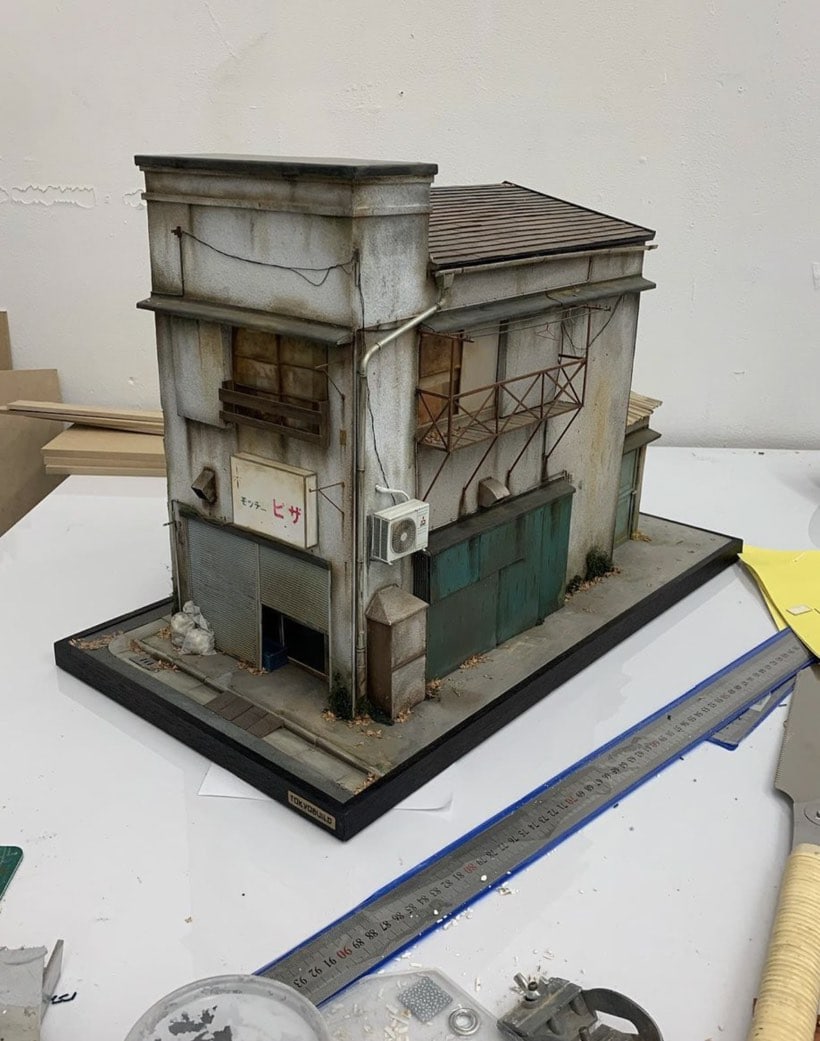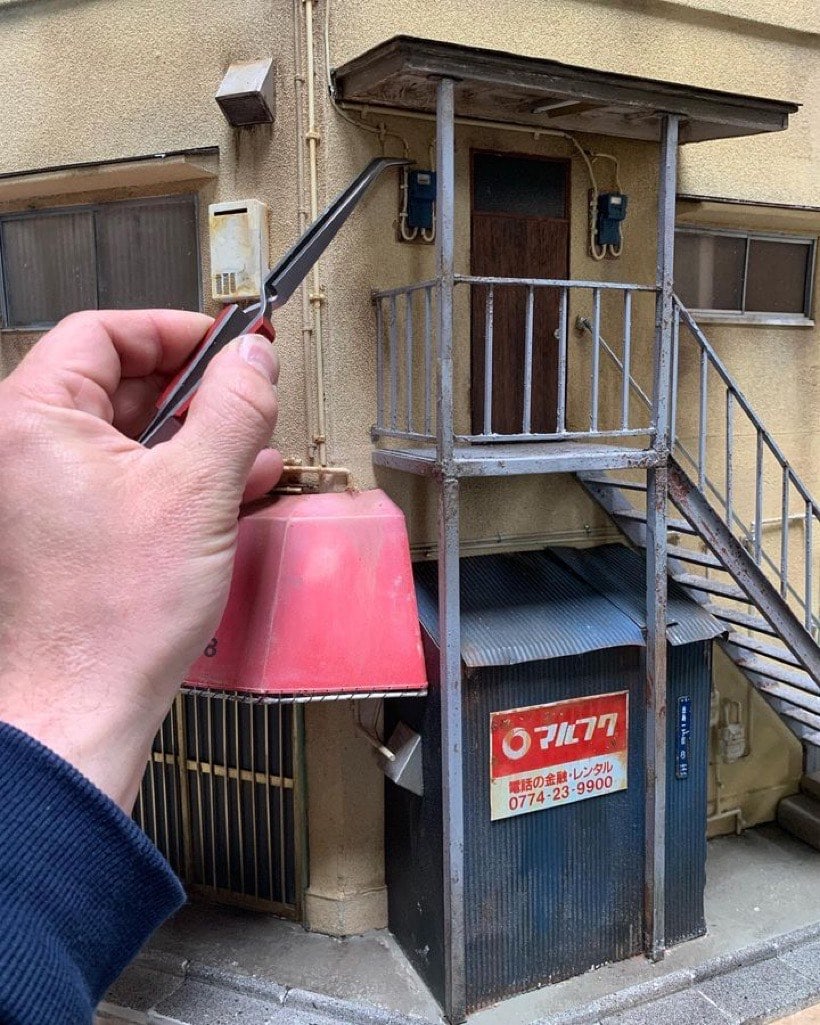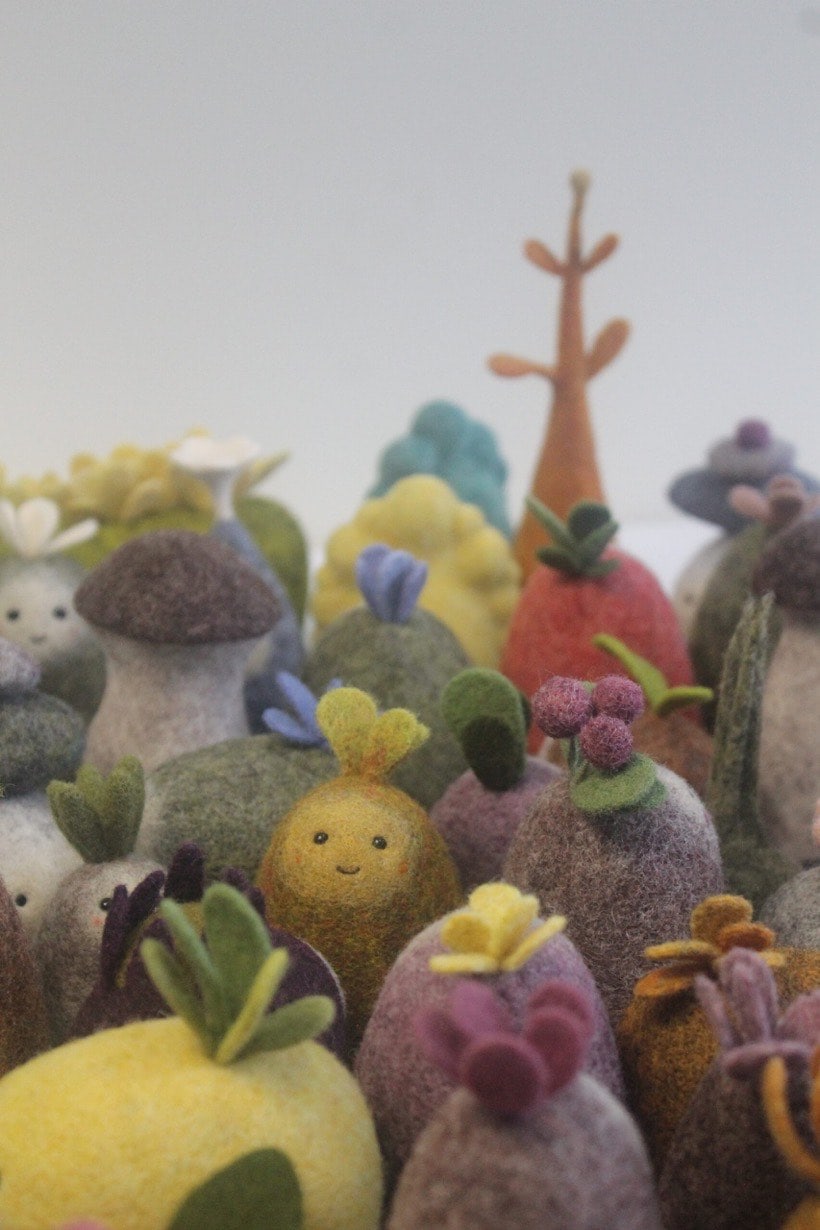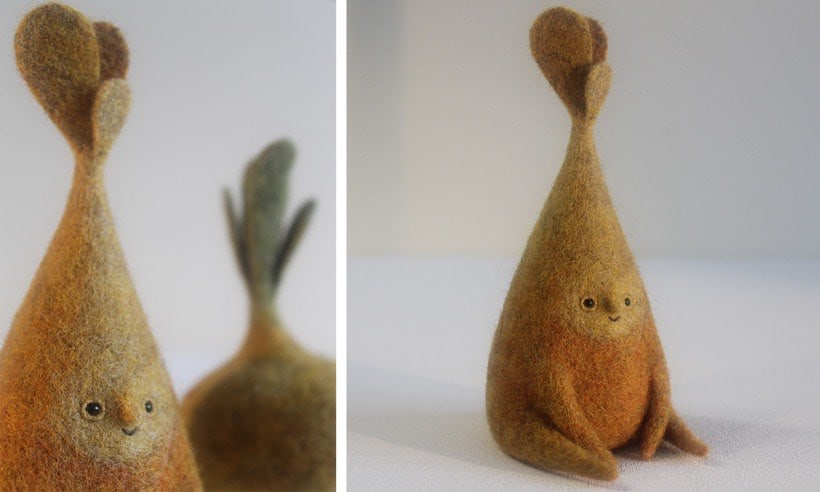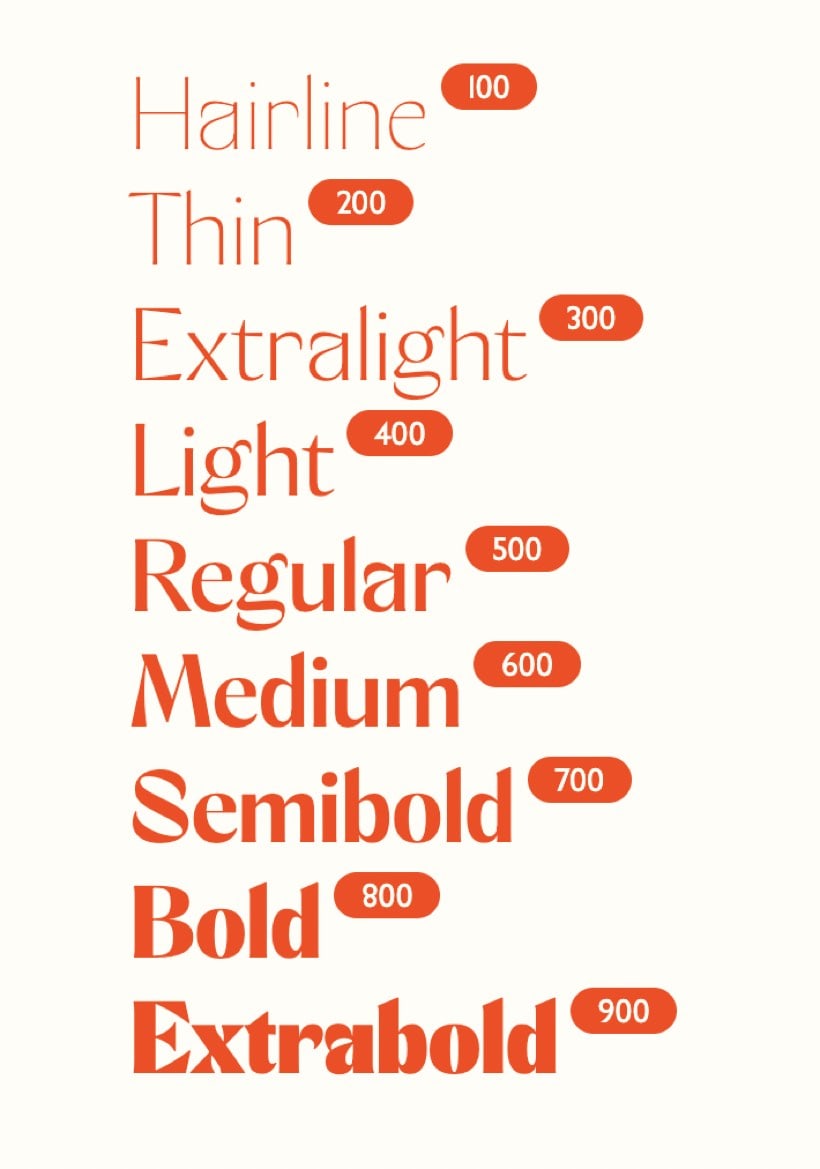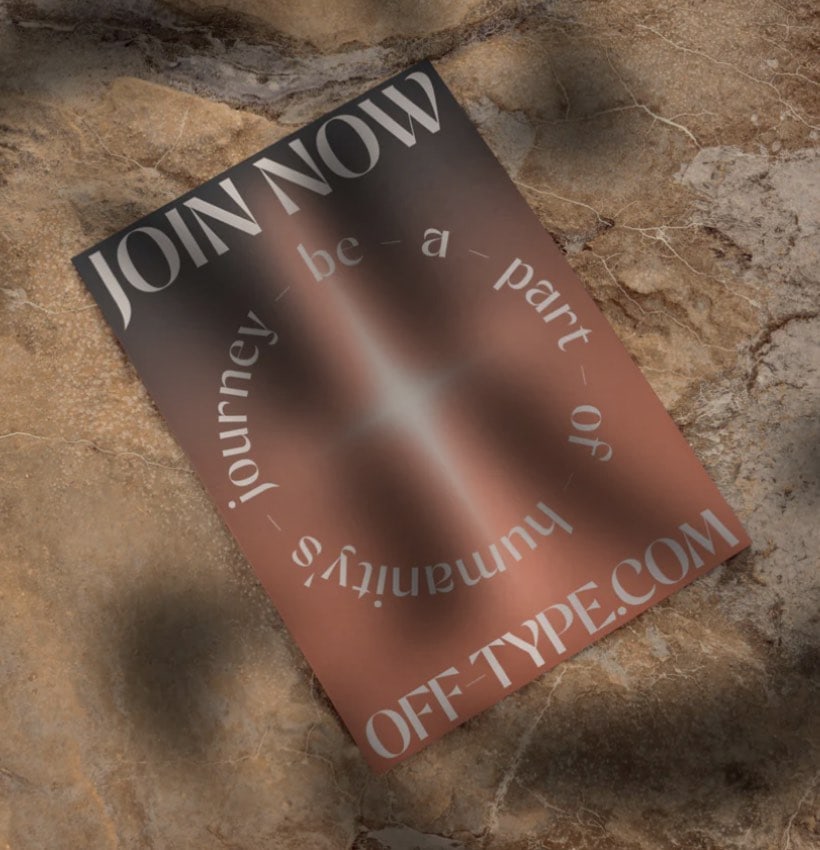 |
| |
|
|
|
I’ve previously talked about how transformative it has been for me to get to know my neighbours and get involved in local community projects. After yet another weekend of wholesome neighbourly activities (this time we made nearly 400 bunting flags to zigzag across our street), I’m a firm believer that denser housing and community engagement are key to tackling our loneliness epidemic.
A recent episode of Big Ideas solidified this concept. Robert Waldinger, the fourth director of the Harvard Study of Adult Development – the world’s longest study of happiness, which began in 1938 – tells us just how consequential the benefits of social connectedness are:
“There was one finding that at first we didn’t believe that began to emerge in our data. It was the finding that the people who stayed the healthiest and lived the longest and were happier, were the people who were the most connected to others. People who literally saw more people in a given week; people who had warmer connections to others. Their brains stayed healthier longer, they had less cognitive decline and their brains declined more slowly as they aged. They were also less likely to get type 2 diabetes and less likely to get coronary artery disease. …”
He offers some ideas for finding connection and enriching existing relationships, whether at work, at home or in our communities. It all starts with attention.
“What do we do? How do we lean into relationships? Attention is the most basic form of love. If you think about it, that’s a really profound statement. That our undivided attention is probably the most valuable thing that we have to give to each other. And more and more it is the most difficult thing to give to each other.”
There are other fascinating insights he shares, but what’s most striking to me is that this unique, multi-generational study not only highlights the obvious mental health impacts of our individualistic culture, but also how much of a toll it takes on our physical well-being.
This ties in perfectly with Dan Buetner’s concept of Blue Zones (see DD256), certain regions where we find some of the longest-living people in the world. They, too, derive good health from a deeply connected life centred around family, community and place. – Kai
|
| |
|
Become a Friend of DD today →
With a modest contribution of just $1.83 per month, you’re not only helping keep Dense Discovery going, you also receive special discounts, get access to the DD Index (a searchable catalogue of past issues) and a range of other benefits. Plus, it removes this message.
You receive this email because you subscribed to Dense Discovery, a weekly newsletter with the best of the internet, thoughtfully curated. Writing to you from Melbourne is Kai Brach. Do you have a product or service to promote in DD? Find out more about advertising in DD.
|
| |
Get Smarter in 5 MinutesSPONSOR
|
The news app for more insight & less clickbait
In a world overwhelmed by clickbait, mainstream narratives, and entertainment-centric news, Capsule stands apart. We deliver high-value insights in a digestible and engaging format so that you can make informed decisions, seize opportunities and deeply understand how the world works.
|
|
| |
Apps & Sites
|
Powerful feed & media reader
|
|
Inoreader combines a classic feed reader with more powerful ‘follow’ options that let you combine social feeds, newsletters and other media. You can use rules and filters to customise your feeds or monitor specific keywords for brands, companies, people etc. Friends of DD enjoy a 40% discount on the first year of the Pro tier.
Become a Friend to access specials like this.
|
|
|
NearbyWiki pulls location-relevant Wikipedia entries and places them on a map. Find out interesting facts about your neighbourhood, like nearby landmarks, buildings, significant historical events and more.
|
|
|
With native apps for macOS and iOS, Anybox is a browser-neutral bookmark manager to organise your bookmarks into lists (and smart lists) and then access them via a quick finder, a floating bookmarks bar or a menu bar icon.
|
|
|
An intriguing idea that tries to even out income inequality with a community approach to a universal basic income: members contribute 7% of their weekly earnings to a general fund, which is then divided among all the members via a weekly payout. Those on the lower-earning end will receive more money than they pay in. For those with higher incomes, they might put more into the fund than they get back, but this may also even out as bigger earners join and/or they themselves experience financial hardship at some point. I have a million questions about how it works practically, e.g. how is income verified? It’s a great, idealistic idea for an app that shouldn’t need to exist.
|
|
| |
Worthy Five: Madeleine Dore
|
A question worth asking:
How do you measure your life? I return to this commencement address by Carrie Mae Weems whenever I feel lost and need to be reminded of my own metrics of success – freedom, integrity, thoughtfulness. The reminder that we are but “dust in the wind” and “here just for a hot second” helps shake any lurking inertia.
A podcast worth listening to:
I re-listen to the unedited On Being conversation with the late poet John O’Donohue at least once a year. It traverses everything from beauty, language, death, the universe, friendship, and love, to creativity, attention, and being called to be yourself. Each revisit brings a new thing to try, and the latest was this gem: “Build into your day some rhythm where you have some stillness, silence and solitude and everything you know will be shown to you.”
An activity worth doing:
For the last few years, I’ve added the moon phases to my Google calendar to serve as a reminder of how things wax and wane. When the full moon approaches, I’ll open the SkyView app on my phone and trace its trajectory so I don’t miss the moment of it looking plump on the horizon. Whenever I catch a glimpse, I also love to tell whoever is in earshot to look up, too – not only because I think we can easily miss such wonders, but there’s nothing like a moment of shared moon-gazing with a stranger to remind you that it’s a wonder to be here.
A newsletter worth subscribing to:
Read A Little Poetry is a labour of love by the Manila based writer and poet T. De Los Reyes. The selection of poems are always moving, as is the marginalia that accompanies them. The newsletter is ad-hoc – so it’s like having random treats delivered to your inbox – but the website has a meticulous archive sorted by poets and themes, alongside a tab for generating random poems.
A piece of advice worth passing on:
Turn over a new leaf – whenever I’m procrastinating or worry about the time I’ve (supposedly) wasted, I remind myself of a sentiment from Arnold Bennett’s 1908 book, How To Live 24 Hours A Day. He writes that the beauty of time is that it cannot be wasted in advance, “You can turn over a new leaf every hour if you choose.” I like to pair this advice with a line from Antoine de Saint-Exupéry’s The Little Prince: “It is the time you have wasted for your rose that makes your rose so important.”
(Did you know? Friends of DD can respond to and engage with guest contributors like Madeleine Dore in one click.)
|
|
| |
Books & Accessories
|
The insidious rise of brain pollution
A new book on the impacts of advertising, exploring the devastating psychological, social and environmental cost of this practice and how it contributes to the poly crisis of our time. “What is the psychological impact of being barraged by literally thousands of advertisements a day? How does the commercialisation of our public spaces weaken our sense of belonging? How are car manufacturers, airlines and oil companies lobbying to weaken climate action? Examining the devastating impact of advertising on our minds and the planet, Badvertising also crucially explores what we can do to change things for the better.”
|
|
Connecting with Earth, each other and ourselves
I recently learned of the fascinating character that is Satish Kumar. Born in 1936, he became a monk at age nine and later completed an 8,000 mile walk of peace at the height of the Cold War, walking from India to the capitals of the four nuclear powers of the time. Well into his 80s now, his latest book distills “a lifetime of experience as a lover, parent, activist, and educator into simple lessons on transforming our time of ecological crisis, conflict, and scarcity into one in which we experience harmony with nature, safety, and abundance.”
|
|
| |
Overheard on Mastodon
|
|
Be the reason AI data scraping skews poorly.
|
| |
Food for Thought
|
|
I’m sharing one more Big Ideas episode with you: this time a live interview with Robert Waldinger, the fourth director of the longest study on human happiness, called the Harvard Study of Adult Development, that began in 1938. In this conversation he shares the study’s latest findings and discusses how technology and societal changes have influenced our level of happiness.
|
|
|
A short, beautiful tribute to the many ecosystems within the ecosystem that is our body and how much is lost when life is recklessly destroyed. “You are akin to a planet. Within your body are different climates that give rise to different types of ecosystems. Within these different environments live varying types of species that altogether make up your microbiome. The swampy atmosphere of your armpits and feet play host to an entirely different cadre of life than the caverns of your gut and the cold tundras of your hands. But even between similar habitats, there is diversity to be found; for example, the palm of your right hand shares only a sixth of the same microbial species as that of your left hand.”
|
|
|
To create a more sustainable future, engineers will have to reframe the problems they address by integrating the concepts of steady-state economics and degrowth into their work. A somewhat technical, but insightful piece on a crucially important profession that needs to move toward maintaining, repurposing, and rediscovering existing technologies. “As the world downscales, engineers will be asked to manage and shape technology to function effectively and sustainably within the rapidly evolving world. In fact, engineers will likely be valuable in determining which technologies societies should actively limit and reject, making engineers pivotal actors. This powerful positioning implies a heavy responsibility. It requires that engineers transition to a new understanding of their critical work and a new way of building the world.”
|
|
| |
Aesthetically Pleasing
|
|
TokyoBuild is yet another miniature model maker that builds insanely detailed replica of Japanese buildings.
|
|
|
|
|
Using pens or paint brushes, Dana Piazza creates relatively simple drawings that offer an illusion of depth, movement and three-dimensionality.
|
|
|
The elegant, sleek Abalos is both a futuristic and retro-like typeface that explores space.
|
|
| |
Notable Numbers
|
|
A US study involving 50,000 women showed that using an indoor wood stove or fireplace even only occasionally increases women’s risk of developing lung cancer by 43% compared with those that do not use wood heating.
|
|
|
The world’s 25 wealthiest families, where wealth has been passed down over at least one generation, are now collectively worth $2.1 trillion, according to a report by Bloomberg.
|
|
|
Tetris has met its match in 13-year-old Willis Gibson, who has become the first player to officially ‘beat’ the original Nintendo version of the game. On Dec 21st Gibson triggered a kill screen on Level 157, which the gaming world takes as a victory over the game.
|
|
| |
Classifieds
|
|
Kaitlin Sullivan is an independent designer seeking cool clients. Be the brand you want to be. Find your voice. Find your vibe.
Obsidian Flight School is an immersive note kit by Nick Milo to make you a master at using Obsidian. 200+ videos, lessons, & simulations. Let’s make notes at the speed of thought!
Listen to the Time Sensitive podcast. Leading minds on their life and work through the lens of time. Perspectives from art and architecture, to climate, technology, and beyond.
Vastly improve your business with interim leadership in design, project management, strategy, and operations from Same Team Partners who have decades of hands-on experience,
|
|
Classifieds are paid ads that support DD and are seen by our 36,000 subscribers each week.
Book yours →
|
|
| |
The Week in a GIF
|
|
Reply with your favourite GIF and it might get featured here in a future issue.
|
|
| |
|
DD is supported by Friends and the modern family office of  . .
|
| |







